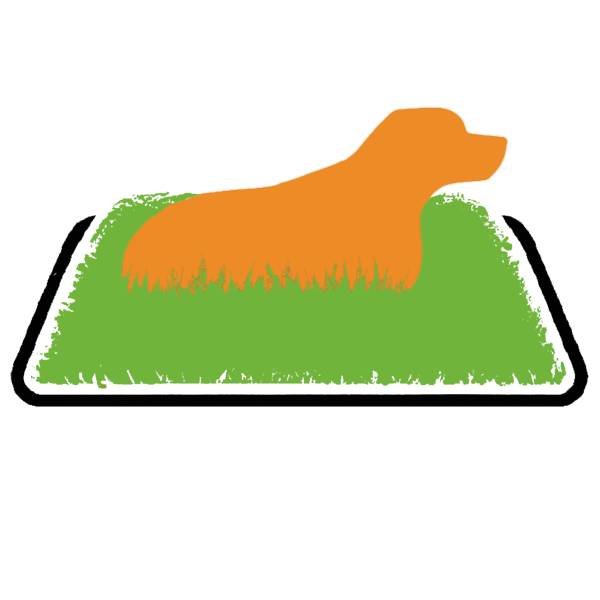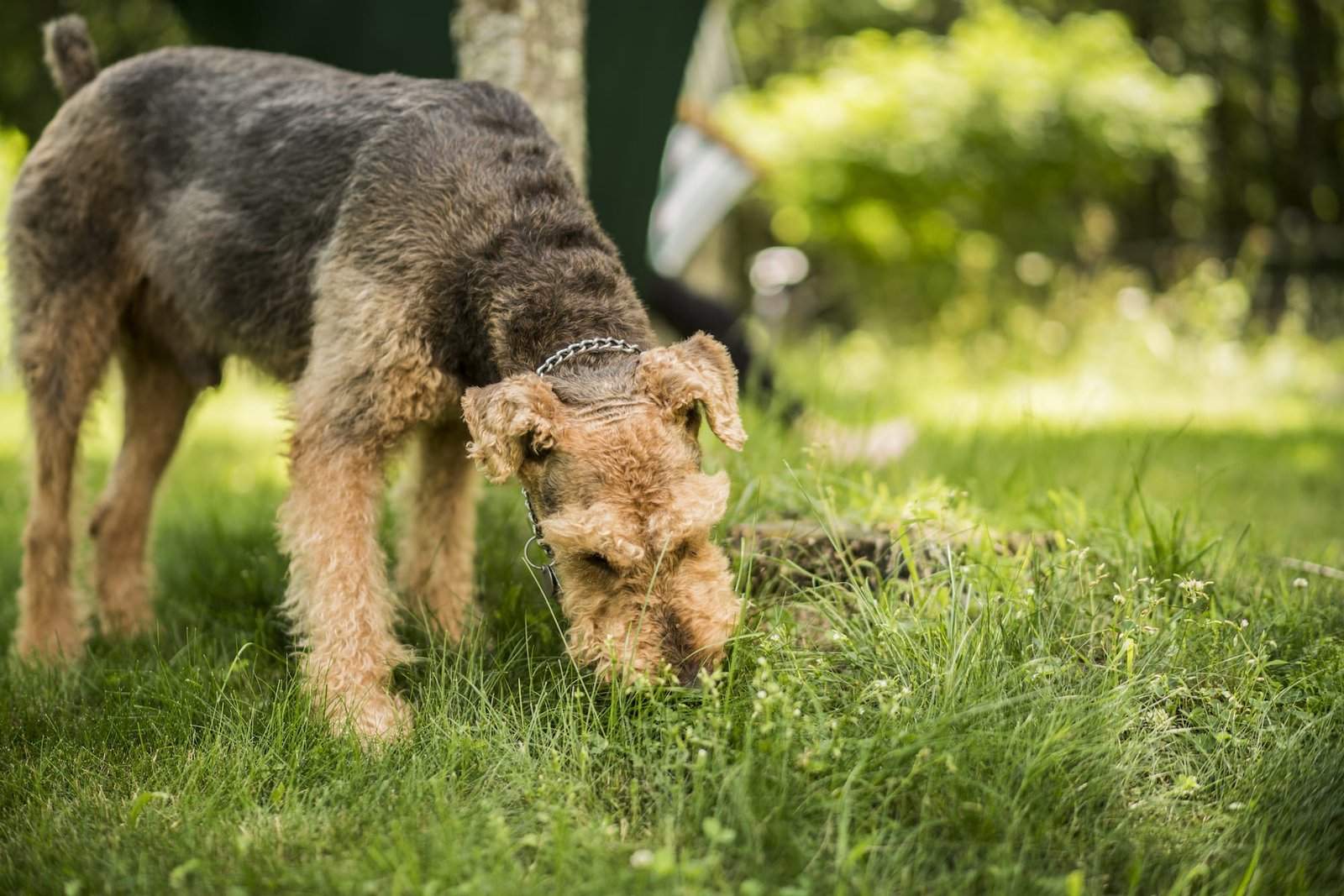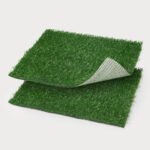There’s no quick delivery of cute or silly behaviors concerning puppies. However, consuming poop isn’t one in each of them. Seeing dogs eating feces, or coprophagy, may be alarming for puppy dad and mom. But, this regarding behavior isn’t as rare or abnormal as we would suppose. It’s a widespread behavior in puppies, and even some dogs will eat their poop. What triggers this behavior? Why Do Dogs Eat Poop? Puppies grow to be energetic and exploratory by nature. They’re also searching for comfort. This can result in these ravenous creatures sniffing around and discovering meals that are far from what they need, including the soles of their paws, which may be their own toilet. As a result, the dog eats its own poop to clean itself off.
The canine cleans himself and gets nutrients like vitamins and minerals from the waste by consuming feces. Puppies grow to be energetic and exploratory by nature, searching for comfort. This can result in these ravenous creatures sniffing around and discovering meals far from what they need, including the soles of their paws, which may be their toilet. As a result, the dog eats its poop to clean itself off. The canine cleans himself and gets nutrients like vitamins and minerals from the waste by consuming feces. Why Do Dogs Eat Poop? He has to eat it – nature’s way of cleaning, you know!
Why do dogs eat poop?
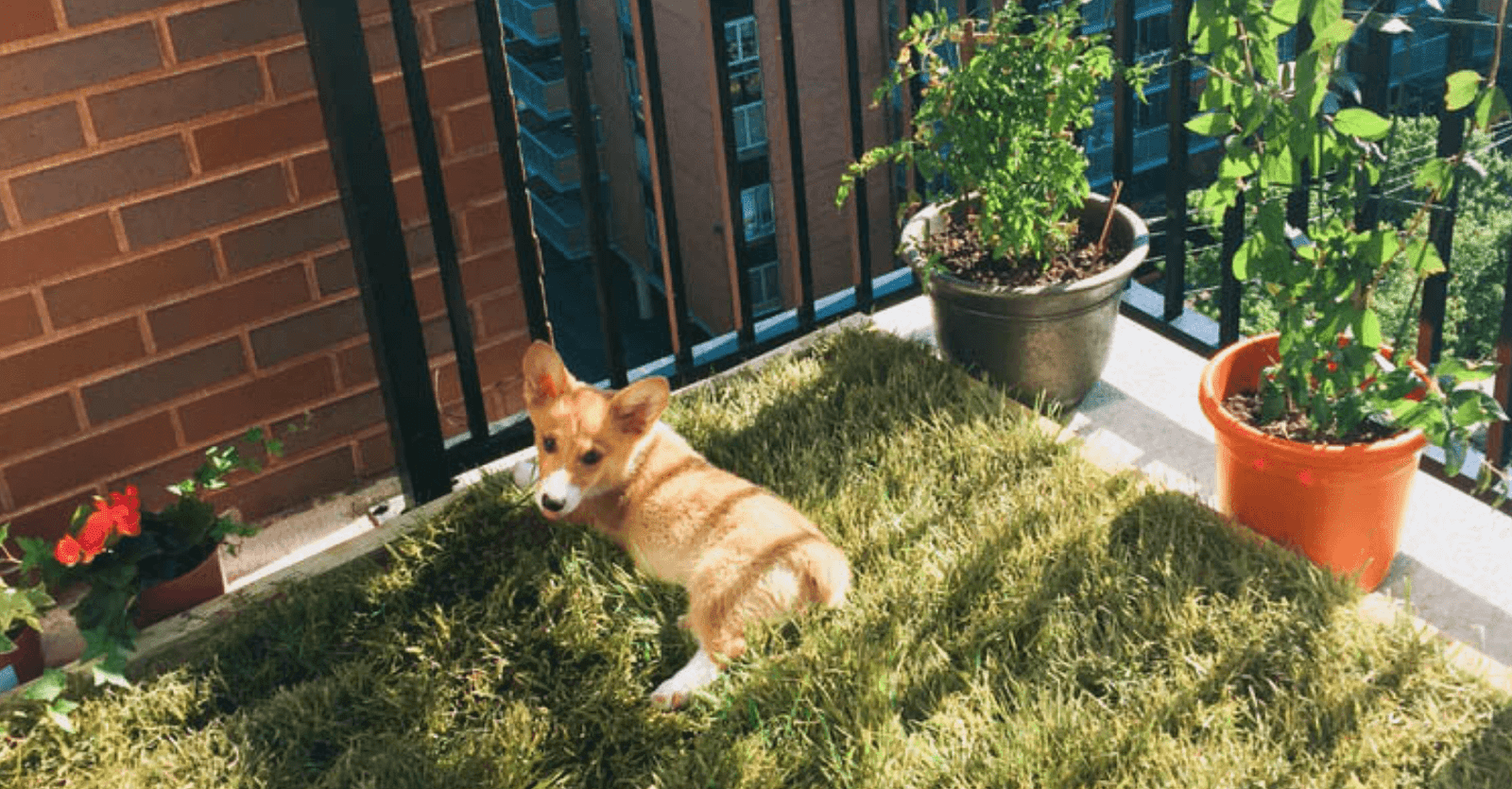
There are several reasons that dogs may eat their very own or different puppies’ poop. However, all are natural responses to matters happening inside their surroundings or our bodies. The conduct can be quite not unusual in particular amongst puppies, who may, in reality, be exploring and mastering approximately what’s suitable to devour or play with. It may even appear accidentally as pups are being potty trained and they parent out how to cope with their poop after a bowel movement. In other instances, coprophagia can emerge as a sample that develops as a dependency or response to underlying scientific troubles. Dogs may consume their own or different puppies’ poop because items inside their physique could be altered, which may result in a wide range of emotions, for example, irritation, stress, and so on. The factors that led to an animal eating its own or different animal’s poop may include:
– Coprophagia can be an innate behavior in dogs who eat their feces or other animals’ feces to obtain nutrients and minerals which might be lacking in their diet.
– Some dogs eat poop because they believe it will have medicinal benefits (for instance, making them seem more energetic or enhancing their sense of smell).
– Some birds that consume their droppings are thought to do so because it protects them from parasites.
– When pet cats eat their droppings, it is thought that they do so because it provides them with the needed warmth and makes them seem more energetic.
Some common causes of coprophagia are:
- Allergies:dogs may additionally play or eat stool as they learn about their surroundings. If they haven’t discovered how to bury their poop or are still learning how a pee pad works, dogs would possibly eat poop to try and figure out a way to take it away. Dogs may additionally eat poop because they wish to eat something else in their home or simply because they are hungry. In case you have a dog that eats poop, it is helpful to know what commonly leads them to do this and how you can solve the problem.
- Interest: puppies will also be reacting to the response they get from coprophagia. They frequently obtain greater attention with this conduct, which may develop into a dependency to garner interest. Why do people engage in coprophagia? Many people with eating disorders are also prone to coprophagia. They may be attempting to replace rewarding behaviors such as food consumption by other means, such as by engaging in coprophagy. Research suggests that ingesting feces may alleviate nausea and disgust associated with other foods.
- Malnutrition: Feces, at the same time as yucky, also carries lots of focused vitamins. If a dog is malnourished, it may be tempted to look for opportunity assets of nutrients in non-meals items or remember like feces. Behavior: Feces can act as a distraction or a form of escape. Depending on the dog and their personality, they may be fixated on utilizing feces as an opportunity resource, e.g., some dogs never go near poop piles in public places. In contrast, others will vigorously seek them out with great enthusiasm and much vigor!
- Loss of enzymes: If a dog doesn’t have sufficient digestive enzymes (as can be the case with a few gastrointestinal problems), they can become malnourished and have an improved appetite which reasons dogs, too, are looking for more excellent vitamins in the stool. Gastrointestinal, including gastric and duodenal ulcers, cancer, and other diseases: These are reasons why dogs might be experiencing diarrhea.Allergies: In this case, a dog could have an allergic reaction to certain foods or preservatives in the food. This will lead to vomiting in addition to diarrhea. Inflammatory bowel disease is when the small intestine’s lining becomes inflamed, leading to diarrhea. A bacterial or viral infection: Symptoms of these include fever, vomiting, and diarrhea. Malabsorption syndrome is when the body can’t break down food, so that a dog might experience symptoms like vomiting and diarrhea. How long will my dog’s symptoms last? The length of time your dog will have diarrhea varies depending on what type of cause it is. You should monitor your pet for signs that their life-threatening condition has worsened or that death is imminent. Environmental toxins. These substances, such as pesticides or chemicals in the home, yard, or workplace, are inhaled. Signs of this condition include sneezing, coughing, and difficulty breathing. These substances, such as pesticides or chemicals in the house, yard, or workplace, are inhaled. Signs of this condition include sneezing, coughing, and difficulty breathing.
- Instincts: puppies have been known to eat or lick feces for instinctual motives. Moms of dogs will frequently devour feces as a part of the grooming method. Dogs may also sniff and flavor the poop of other puppies if they’re ill or have parasites. Due to the fact dogs use their sense of smell and taste to study information, they’re drawn to bizarre bowel moves that offer “off” smells. Some additional facts about what dogs do in their yards and in the house that you might be interested in: Dogs are attracted to the scents of citrus, vanilla, and mint. They typically also like to lap at wet urine to feel its strength. Dogs commonly clean themselves with tongues or scratch at dry mud holes on grass or dirt.
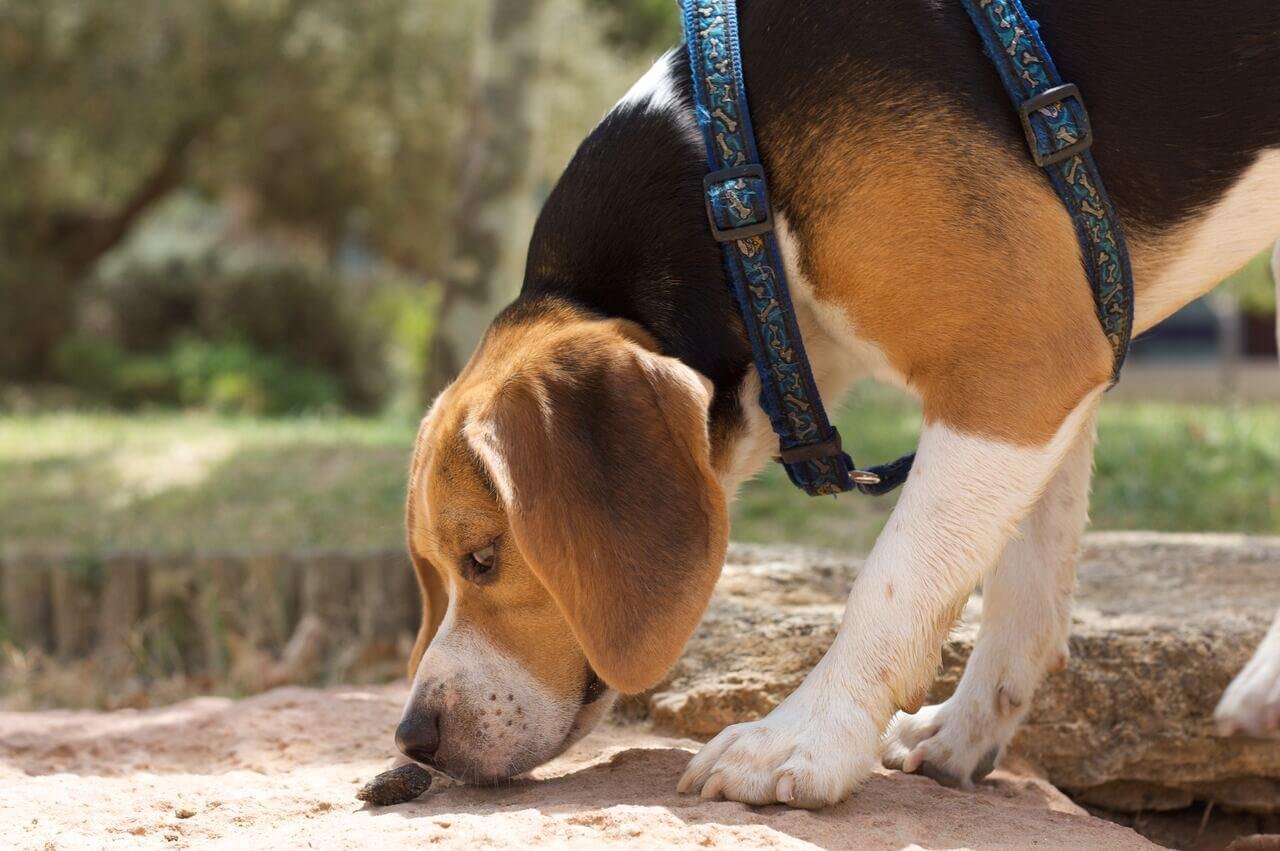
How do you treat coprophagia?
How coprophagia is handled depends on the cause. If the canine in question is a pup and doesn’t appear to have any underlying fitness or behavioral issues, it will sincerely develop out of it. As mentioned above, ingesting or gambling with poop can simply be a herbal part of growing up and locating suitable meals or play matters. If the canine in question is a senior canine that has a medical situation, the vet will counsel coprophagia to be an issue. In these circumstances, they will most likely administer medications to deal with the problem or offer dietary modifications. What is a diet plan that helps with coprophagia? There are various methods to interrupt your canine’s urges, some of which include dietary changes. Reducing the quantity and frequency of meals they obtain—different sources of vitamins, such as high-quality dog vitamins.
Suppose coprophagia has advanced as a behavioral response to their environment or underlying fitness troubles. In that case, it’s very critical that owners consistently and firmly discourage the conduct quickly because it starts evolving to show up. If a canine begins to smell or paw at stool, interrupt them without delay. Having an indoor pet potty like Loobani can help catch the behavior ASAP.
Further, some dietary supplements may deter dogs from ingesting poop, consisting of NaturVet’s Coprophagia Stool consuming Deterrent. Those forms of nutritional supplements have enzyme-wealthy ingredients that sell proper digestive functioning. Plus, they have the benefit of keeping dogs’ breath clean. Utilizing a deterring agent as the first sign of a find is not suggested. Even if they are not pooping, it may be best to take your pet to the vet immediately and ensure there’s nothing wrong, or the vet will provide the proper treatment. The manufacturer no longer offers this product. If your canine is constantly eating poop, you should see your vet. to ensure they do not have an infection or other underlying issues. If you believe your puppy may be constipated, start by enhancing the frequency and volume of water consumption.
As soon as we were sure it was done, we needed to take action quickly before somebody else did. Even if you’ve got a dog with impeccable manners and no history of aggression towards other animals, don’t trust them with a cat or kitten without supervision. Your dog’s anxiety level might also affect its pooping habits. It will depend on the size of your canine and what he ate when he became constipated. It’s also possible for them to get a hold of the cat’s litter box, which should be kept in separate areas.
As usual, your veterinarian is an excellent aid for supporting you in better apprehending what you may do to deter your canine from eating poop and ensure that your dog doesn’t have any underlying health problems!

